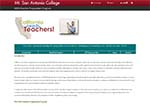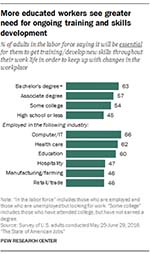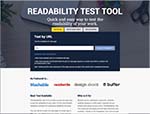
Mt. SAC STEM Teacher Preparation Program (STEM TP2)
www.mtsac.edu/stemtp2
Mt. San Antonio College (Mt. SAC) is a federally designated Hispanic-Serving Institution, and is the largest single campus of California's 112 community colleges. To address the need for more and better science and mathematics teachers, Mt. SAC is developing a sustainable multidimensional program to recruit, counsel, and direct likely students that have the desire and potential to become highly qualified middle school and high school mathematics and science teachers. The project, titled Mt. SAC STEM Teacher Preparation Program (STEM TP2), is providing the students with (1) a cluster of academic support, (2) enrichment activities, (3) teaching opportunities, and (4) authentic research experiences designed to promote student success. Student participants are selected from among students majoring in science and mathematics areas and particular emphasis is focused on recruiting students of color, females, Hispanics, veterans and first-generation college students that have a desire to teach.




